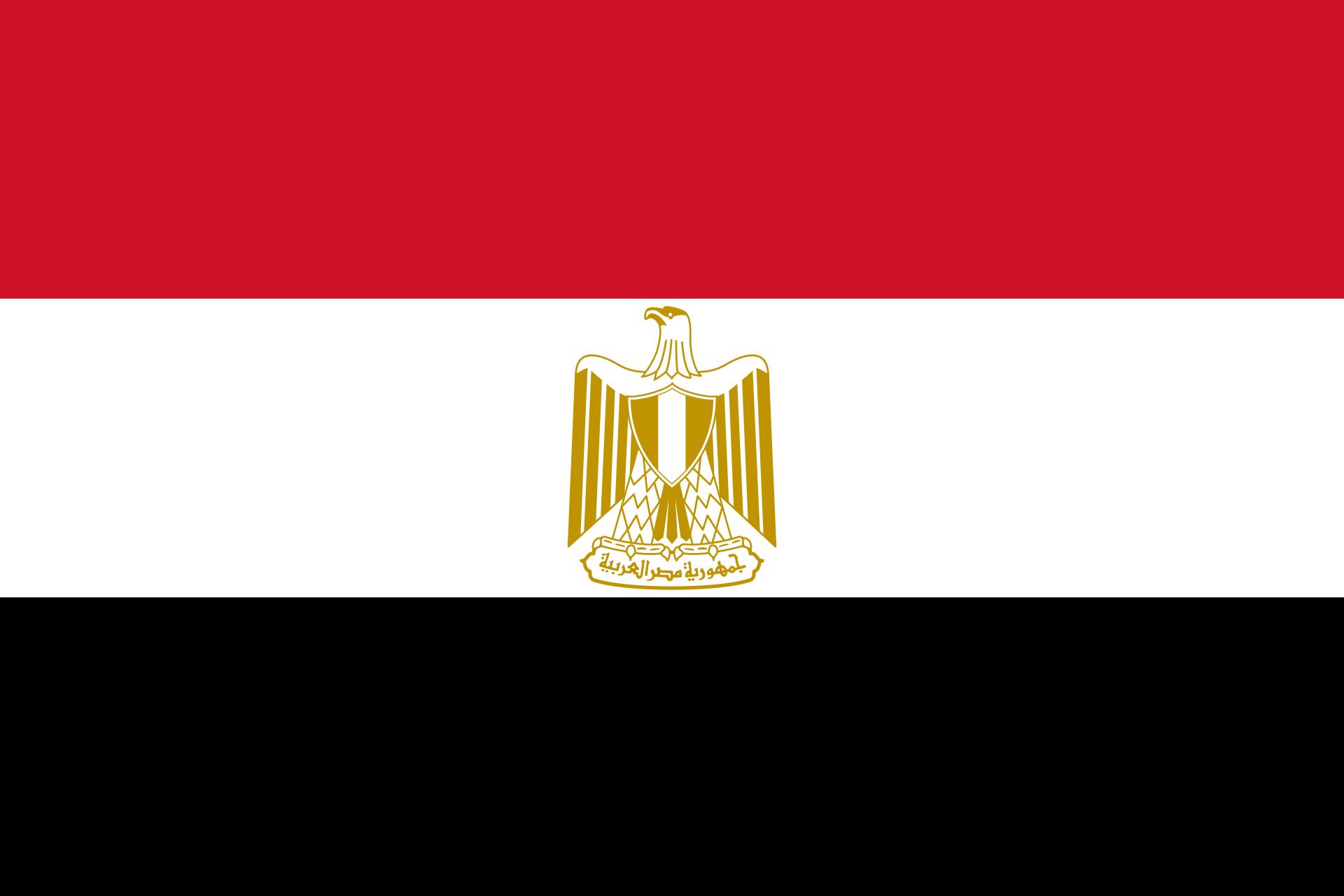Marsa Alam International Airport
Marsa Alam International Airport is a prominent airport situated in the city of Marsa Alam, Egypt. It serves as both a domestic and international airport, providing access to the Red Sea coast and its stunning natural beauty. Here is an overview of Marsa Alam International Airport and information about the surrounding area:

International Airport with IATA & ICAO Code:
-
IATA Code: RMF
ICAO Code: HEMA
Geo Code: Latitude 25.5581, Longitude 34.5832
Domestic and International Connectivity:
Marsa Alam International Airport connects passengers to both domestic and international destinations. It is a gateway for tourists exploring the Red Sea Riviera and its pristine beaches, coral reefs, and water activities.
Airport Facilities:
The airport is equipped with various facilities to enhance the passenger experience. Travelers can access services such as baggage handling, currency exchange, duty-free shopping, restaurants, and lounges. The availability of specific facilities may vary, so it’s advisable to check with the airport authorities for the latest information.
Capital City:
Cairo, the capital city of Egypt, is located to the northwest of Marsa Alam.
Places of Tourist Sightseeing in Marsa Alam:
Marsa Alam is known for its picturesque coastal attractions and marine life. Some popular places to visit include:
Marsa Alam Beaches: Pristine and serene beaches along the Red Sea offer relaxation and water activities like snorkeling and diving.
Wadi el-Gemal National Park: A protected area featuring diverse wildlife and coastal landscapes.
Hamata Islands: A group of islands known for their clear waters and coral reefs.
Satayh Reef (Dolphin House): A renowned spot for dolphin watching and snorkeling.
Mangrove Forests: Unique mangrove ecosystems can be explored through boat trips.
Marsa Alam Beaches: Pristine and serene beaches along the Red Sea offer relaxation and water activities like snorkeling and diving.
Wadi el-Gemal National Park: A protected area featuring diverse wildlife and coastal landscapes.
Hamata Islands: A group of islands known for their clear waters and coral reefs.
Satayh Reef (Dolphin House): A renowned spot for dolphin watching and snorkeling.
Mangrove Forests: Unique mangrove ecosystems can be explored through boat trips.
Religious Places:
While Marsa Alam offers natural beauty and outdoor activities, it does not have prominent religious sites. The region is primarily known for its coastal and marine attractions.
Currency: The currency used in Egypt is the Egyptian Pound (EGP).
Currency: The currency used in Egypt is the Egyptian Pound (EGP).
Local Cuisines:
Egyptian cuisine is diverse and flavorful. While in Marsa Alam, you can enjoy dishes such as grilled seafood, mezze (small dishes), kofta, shawarma, and traditional Egyptian desserts. Fresh fruit juices and herbal teas are popular beverages.
Cultural Activities:
Marsa Alam provides an opportunity to experience Bedouin culture and traditions through guided tours and desert safaris. Explore local markets for souvenirs, handmade crafts, and traditional Bedouin goods. Stargazing in the desert: The area’s clear night skies make it a great location for stargazing and astronomy enthusiasts.
-
Best 3 Star, 4 Star, and 5 Star Hotels: Marsa Alam offers a range of accommodations to suit various preferences and budgets:
3-Star Hotels: Options may include resorts like Aurora Bay Resort Marsa Alam and Resta Reef Resort.
4-Star Hotels: Consider properties such as The Three Corners Fayrouz Plaza Beach Resort and Jaz Lamaya Resort.
5-Star Hotels: Luxurious options include Steigenberger Coraya Beach and Jaz Grand Marsa.
Transport Connectivity:
-
Road: Marsa Alam is connected to other parts of Egypt via highways and roads. It is a popular destination for road trips along the Red Sea coast.
Rail: Egypt has a national railway network, but Marsa Alam does not have a railway station.
Metro: Egypt has metro systems in cities like Cairo, but Marsa Alam does not have a metro system.
Local Transport Network: Taxis, minibuses, and shuttle services are commonly used for transportation within the city.
Population:
Marsa Alam’s population is relatively small due to its role as a tourist destination.
Religion:
Islam is the predominant religion in Marsa Alam and Egypt, with the majority of the population adhering to Sunni Islam.
Languages Spoken:
Arabic is the official language of Egypt and is widely spoken. English and other languages are also used in the tourism industry to accommodate international visitors. Bedouin Arabic and local dialects may be spoken in some areas.
Disclaimer:
The information above is for reference, and we do not accept any liability for inaccuracies or updates.